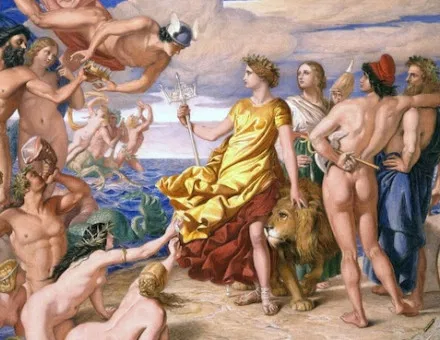Thales of Miletus: The Beginnings of Greek Thought
Colin Davies describes how, in the 6th century B.C., Miletus became the birthplace of Western science and philosophy.
It cannot be doubted that the Greeks owed much to the older civilisations of Egypt and Babylon. The long history of Egypt, from the legendary unification of the Upper and Lower Kingdoms by King Menes (c. 3200 B.C.), had amply demonstrated the organizing ability of its kings, the technical skill of its craftsmen, and the superstitions that enabled their rulers to maintain control over the efforts of vast populations in the construction of huge pyramids, temples, and palaces. An early impetus had been afforded them by the discovery of metals (c. 4000 B.C.) which, in time, enabled them to perfect their skills in various crafts such as gold-work, weaving, pottery, bakery, basket-work, agriculture, vine-growing, joinery, boat-building, coach-building, and in all those others that are depicted on the walls of the tombs of the nobles at Sakkara (2680-2540 B.C.).





